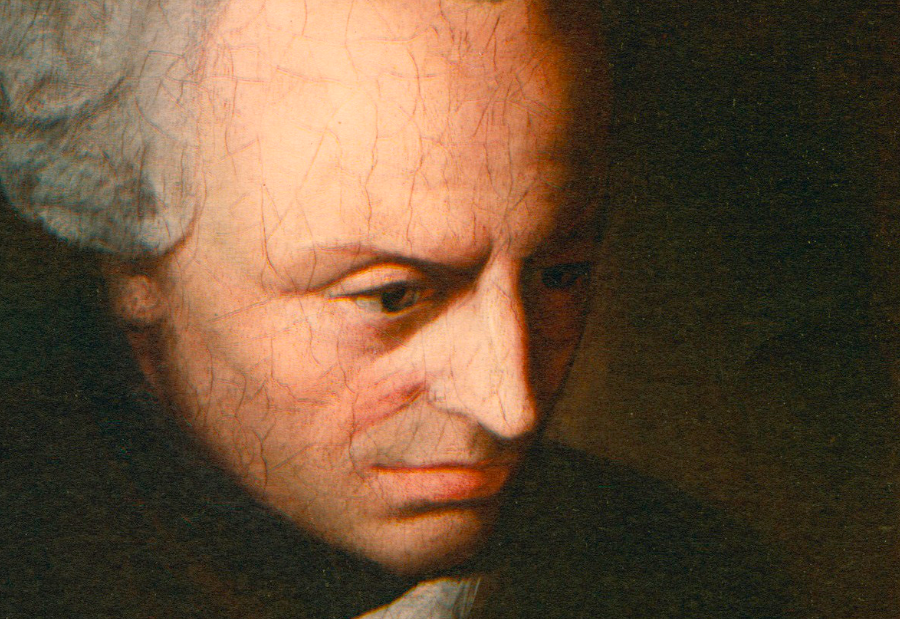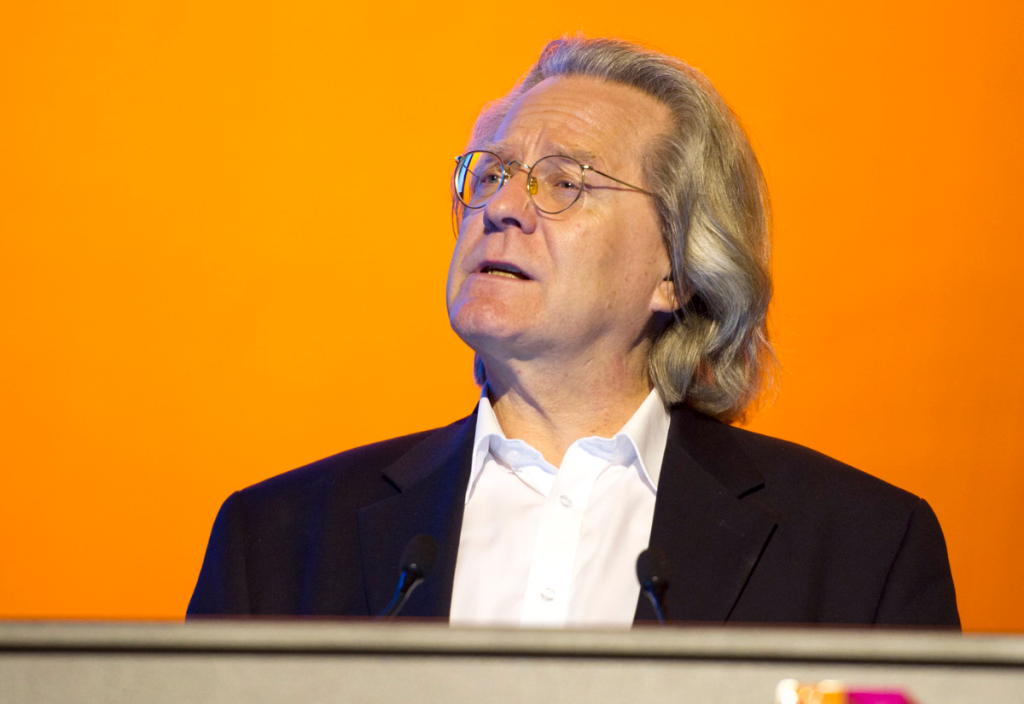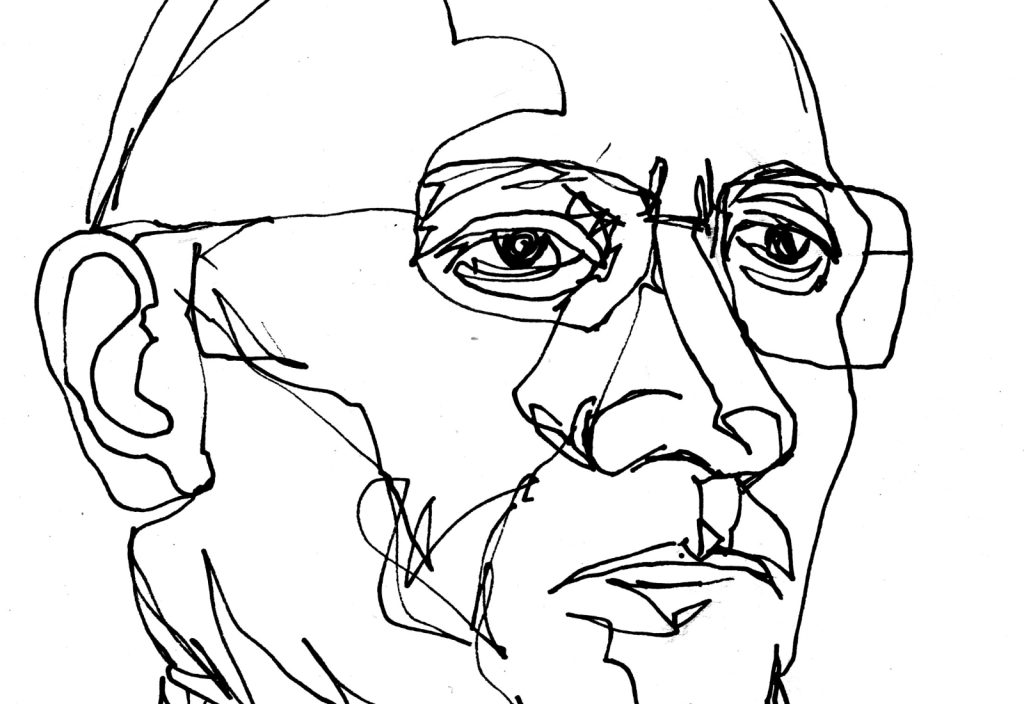Many years ago, as an undergraduate student of philosophy, I was invited to participate in a special seminar for honours students convened by the then chairman of the philosophy department at the University of Melbourne. The topic of the semester-long seminar was American empiricist philosopher Willard Van Orman Quine’s classic Word and Object.
In the opening session, the professor invited us, before diving into Quine, to raise any questions of a general philosophical nature to which we sought answers. Several such questions were asked, such as: What is the meaning of the distinction between analytic and synthetic propositions in Kant?
I had a more general question. I asked: “Can we spend a little time getting some perspective on the history of philosophy? I mean, what is it, exactly, that philosophers have been trying to achieve? And can we agree about whether there has been any progress since Plato?”
The chairman of the philosophy department looked at me unsympathetically and asked tersely, “What kind of perspective do you suggest?” “Well,” I replied, “the American philosopher Walter Kaufmann has suggested that the history of philosophy since Descartes consists, for better or worse, in emancipation from organised religion.”
“That’s all very well,” the professor retorted, “but I don’t happen to agree. Does anyone else have a question?”
I was, frankly, stunned by this response and, with the passing of the years, have felt scandalised by it. The chairman of the philosophy department dismisses a suggestion as to what philosophy had achieved ‘for better or worse’ on the grounds that he didn’t ‘happen’ to agree.
What was the point of studying philosophy at all if one could sweep major questions aside in such a manner? I left the seminar at the end of that session and did not go back. I dropped the formal study of philosophy at the end of that year. Although I’ve read a great deal of philosophy since, I have never since seen it as a high road to truth, only as an exercise for the mind.
I was reminded of this little bit of personal history recently when an online magazine ran an article about five schools of philosophy that had basically died out: mohism (in China), cyrenaicism, cynicism, transcendentalism and logical positivism.
As I read the piece, I thought that, actually, it was a little misleading to write of them as having ‘died out’. It seemed to imply that once a school of thought had arisen it ought to last, rather than being overtaken by further developments.
Surely, at least from our civilisational point of view in the 21st century, the point of philosophy is not to establish dogmas or beliefs that will resist all progress, but rather to refine methods of inquiry and reasoning that will enable it.
Coming at this from a different direction, in her wonderful book Plato At the Googleplex: Why Philosophy Won’t Go Away (2014) Harvard philosopher Rebecca Newberger Goldstein argued that, contrary to widespread assumptions, the advances of science have not eliminated the utility of philosophical inquiry.
We may drift away from philosophy or never acquire the habit of careful philosophical thought, but that doesn’t mean philosophy is pointless. It merely means that we don’t ‘happen’ to see the point of it.
Surely…the point of philosophy is not to establish dogmas or beliefs that will resist all progress, but rather to refine methods of inquiry and reasoning that will enable it.
For those interested in the said five defunct schools of philosophy, I recommend you read Scotty Hendricks’ article here. It’s worth briefly recapping each. Mohism was a kind of enlightened Chinese utilitarianism. Cyrenaicism advocated unapologetic hedonism. Cynicism called for an extraordinarily ascetic and self-destructive way of life, aspiring to nothing and spurning the pleasures and challenges of civilised life. Its most famous representative was Diogenes the Cynic, who lived in a barrel and disdained personal hygiene.
The transcendentalists, of whom Ralph Waldo Emerson and Henry David Thoreau were the most notable representatives, were American Romantics who combined aestheticism, ethical culture and civil disobedience. They were very high-minded, free-spirited and sceptical about industrialisation.
Logical positivism was an ambitious 20th century school of thought which held that claims can be considered true only if they are either tautological – true by definition – or can be empirically verified. It was centred in Vienna in the 1920s and attracted some of the most notable individuals in analytic philosophy, such as Rudolf Carnap, Ludwig Wittgenstein, Bertrand Russell and Alfred J. Ayer. It ran out of steam in the 1940s.
Of course, utilitarianism, hedonism, cynicism, romanticism and austere reasoning haven’t died out. What’s happened is that those streams of thought have been absorbed into ongoing discourse about meaning, truth, reality and ethics.
In the same way, the great philosophies of pre-Socratic atomism, Platonism and Aristotelianism have been transcended and corrected in the course of time, based on critical inquiry and advances in the sciences.
This raises the question: If all the different schools of philosophy end up being overtaken by further developments, what is it that enables them to be overtaken? If it is something as generic as ‘critical reason’, does that mean that ‘true’ philosophy simply consists in critical thinking? In methods of inquiry, rather than in beliefs or doctrines?
Perhaps. But this, in turn, simply raises the further question: What are the principles of critical thinking and how are they derived such that we should believe in them and practise them? That is, itself, a philosophical question.
What Rebecca Newberger Goldstein emphasises is that there is not only a long and very interesting history behind the development of those principles, but the derivation of them from reflection remains of enduring relevance no matter how ‘scientific’ we become, or imagine ourselves to be.
Having abandoned the formal study of philosophy as a reaction to the Quine seminar and several other disillusionments with the philosophy department in 1978, I went on to major in history and then did a PhD in international relations. But, for decades, I kept reading the best works of philosophy I could find.
Why? I am interested in fundamental questions of thinking, critical thinking, method, paradox. I have never come to think of myself as adhering to any specific school of philosophy. But I did come to think that critical rationalism as an approach to being a responsible person in a complex world made good sense.
It was against that background that, at the end of the 20th century, I teamed up with Tim van Gelder to create a consulting company that had a crack at taking critical rationalism into the marketplace. Our business was not preaching a school of philosophy. It was working with clients to clarify and organise their thinking on rational and transparent lines. It was fun and it was fruitful. It worked – as a process, if not as a booming commercial success.
To revert, then, to my 1978 question to the chairman of the philosophy department – on whether we can say philosophers have made progress since Plato – the answer has to be a resounding ‘yes’. The clarification in our collective, institutionalised approaches to critical thinking, research methodology and the pinning down of reality in place of ignorance, superstition and aetiological myth, has been astounding.
This progress has given us the modern world of science, technology and complex social order. Plainly, however, it has not emancipated everyone from organised religion. Nor has it put an end to the generation of confused or spurious ideas, conspiracy theories or ideological obsessions. And, even in regard to the great sciences of physics, chemistry and biology, new frontiers are constantly being broken open.
Can we anticipate a time when all this will, once and for all, have been sorted out? I rather doubt it. There will always be plenty of work for critical rationalists to do. Among the current challenges are the fashionable currents of ‘post-modernism’ and ‘wokeism’.
These trends have been rising for decades and, in our time, have been overrunning the universities and major media with a virulent cluster of ideological memes. Their common denominator is an animus against ‘Western logic’, ‘colonialism’ and ‘patriarchy’, defined in such a way that rational argument is nearly impossible.
If Plato began by seeking to distinguish between error, opinion, true opinion and knowledge, we find ourselves, 2400 years later, swamped by activist ideological movements that systematically blur all these things. They thrive on ‘narratives’ that frequently consist of wholly spurious history and sociology. They seek to silence – ‘deplatform’ or ‘cancel’ – those of whom they disapprove and to rewrite the history and literature of the past according to their pseudo-egalitarian norms.
This is not progress in philosophy. It is the demolition of critical rationalism and philosophical scepticism. Since those things were disproportionately developed by now-dead white European males, our good post-modernists and woke activists see them as irremediably stained with ‘racism’ and presumptions of ‘white supremacy’.
Bringing these tides of activism under the discipline of civil and rational norms is, perhaps, the great philosophical challenge of our time.
If you wish to republish this original article, please attribute to Rationale. Click here to find out more about republishing under Creative Commons.
Photo by Pat Whelan on Unsplash.














